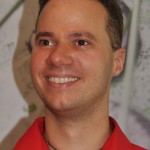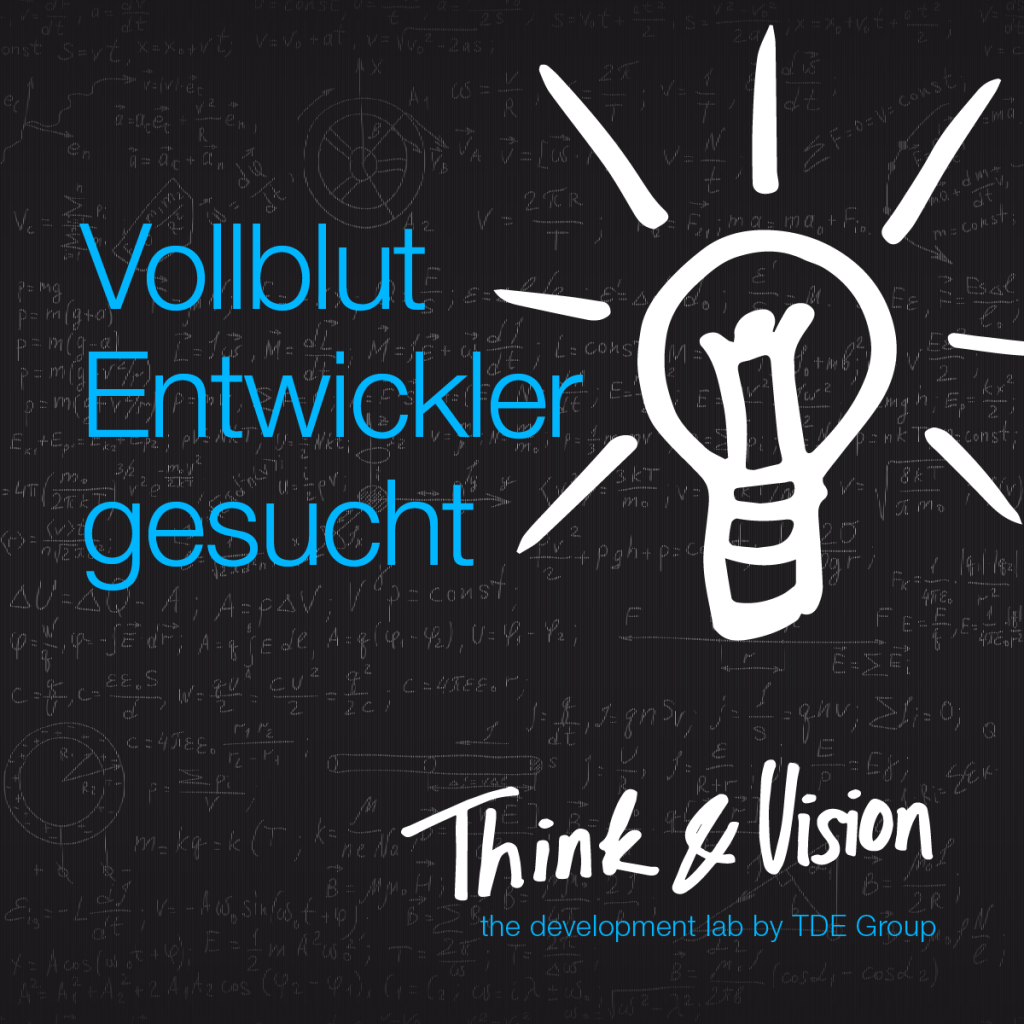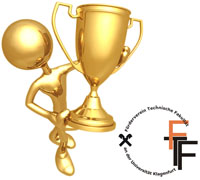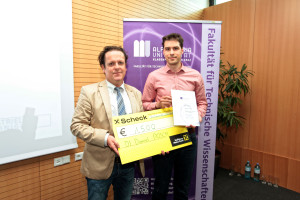Prof. Tsvi Kuflik | 8th October 2015 | 16:00 | E.1.42
Abstract:
Over the years, the area of user modeling (and later on recommendation systems) produced a variety of user modeling techniques. These techniques were developed for modeling and representing the users in order to better understand their needs and provide them with personalized services. The common techniques in use are collaborative filtering and content/feature based, while in specific domains we can find also case-based, demographic and overlay approaches. However, the knowledge represented by these techniques is quite limited. In recent years, with the advent of web 2.0 and the social and semantic web, personal information becomes widely available online in various forms. This poses opportunities as well as major challenges for the classical user modeling approaches – how to make use of this information to enhance user modeling? As a potential solution to the problem, we are exploring the idea of graph-based user modeling representation, as an integrative framework that enables standard and simple representation of users‘ characteristics, not limited to a specific technique. In various studies we demonstrated the potential benefits of this approach and it’s possible contribution to user modeling and recommender systems. The talk will briefly present the general idea of graph-based user modeling as well as research results that demonstrate its contribution to a variety of domains and scenarios.
Short c.v.
Prof. Tsvi 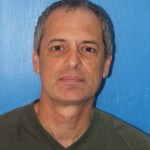 Kuflik heads the Information Systems Dept. at The University of Haifa. Over the past ten years, the focus of his work was on ubiquitous user modeling applied to cultural heritage. In the course of his work, a “Living Lab” has been developed at the University of Haifa – a museum visitors’ guide system was developed for the Hecht museum. It is available for visitors on a daily basis and serves also as a test bed for experimenting with novel technologies in the museum. Currently, the system is being used for research on Social Signal Processing where signals transmitted by devices carried by the visitors are used for modeling group behavior, in order to reason about the state of the group visit. Another research direction focusses on the use of intelligent user interfaces in ubiquitous computing within the “living lab”. Where issues like interaction with large, situated displays; interrupt management; navigation support; temporal and lifelong aspects of ubiquitous user modeling are studied. Tsvi got BSc. and MSc. In computer science and PhD. In information systems from Ben-Gurion University of the Negev, Israel. Over the years Tsvi collaborated with local and international researchers, supervised graduate students working with him on this research, organized the PATCH workshops series (Personal Access To Cultural Heritage) and published about 200 scientific papers, out of them 30 papers about this specific research. Tsvi is also a distinguished ACM scientist and a senior IEEE member.
Kuflik heads the Information Systems Dept. at The University of Haifa. Over the past ten years, the focus of his work was on ubiquitous user modeling applied to cultural heritage. In the course of his work, a “Living Lab” has been developed at the University of Haifa – a museum visitors’ guide system was developed for the Hecht museum. It is available for visitors on a daily basis and serves also as a test bed for experimenting with novel technologies in the museum. Currently, the system is being used for research on Social Signal Processing where signals transmitted by devices carried by the visitors are used for modeling group behavior, in order to reason about the state of the group visit. Another research direction focusses on the use of intelligent user interfaces in ubiquitous computing within the “living lab”. Where issues like interaction with large, situated displays; interrupt management; navigation support; temporal and lifelong aspects of ubiquitous user modeling are studied. Tsvi got BSc. and MSc. In computer science and PhD. In information systems from Ben-Gurion University of the Negev, Israel. Over the years Tsvi collaborated with local and international researchers, supervised graduate students working with him on this research, organized the PATCH workshops series (Personal Access To Cultural Heritage) and published about 200 scientific papers, out of them 30 papers about this specific research. Tsvi is also a distinguished ACM scientist and a senior IEEE member.

